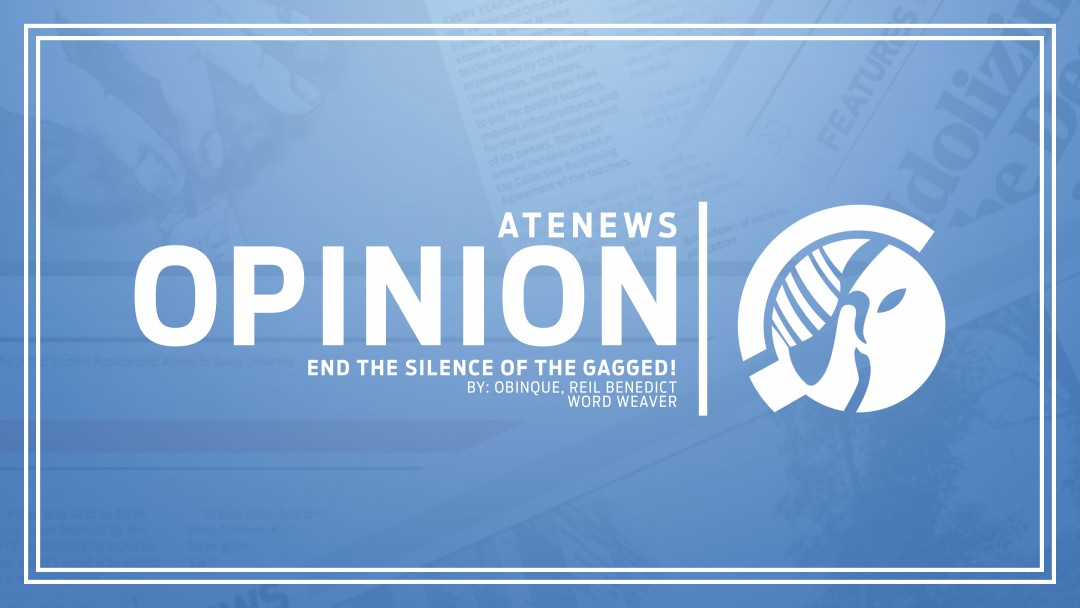On the 12th of the Pride Month, as 2 A.M. approached, a man named Omar Mateen parked his van outside the Pulse nightclub in Orlando, Florida where around 300 people were happily dancing and enjoying their night. Two minutes after, the same man marched inside the gay nightclub with a handgun and an assault rifle. Amidst the music, the laughter, the conversations inside the club, a gunshot was heard. It was followed by dozens more, and eventually, the sounds of joy were replaced with screams of panic and fright. Fifty people were shot dead; 53 were wounded in the “worst terrorist attack on American soil since 9/11”.
The incident was an act of terror and act of hate like how United States (US) President Barrack Obama described it.
What happened was extremely unpleasant not only because of the number of victims or how the murder was executed, but because of how it was fueled by hate. How can someone brutally murder a group of people who only seek for happiness and the right to love freely?
Sadly, violence against lesbians, bisexual, transgender, queer and intersex individuals (LGBTQI) are evident in different countries. As though enduring the constant prejudices and being forced to stay in the closet are not enough, LGBTQIs are violated and, worse, murdered. In US alone, FBI reported that there are around 1,500 hate crime victims targeted based on sexual orientation biases.
Hate crimes, or violent crimes motivated by sexual, racial, and other prejudices, are true not only in US but also in our country. In a data collected by the Philippine LGBT Hate Crime Watch, from 1996 to June 2012, there have been approximately 164 cases of murdered LGBTQs in the Philippines. Despite this, however, the concept of a “hate crime” is not popularly used in our country.
True enough, this calls for a legal reform. We need legal means to defend those who suffer from violations just because they are “misunderstood and hated”. Unfortunately, the Anti-Discrimination Bill which could allow hate crime victims to redress their grievances and safeguard their rights is still pending at a Senate committee. We hope that under the presidency of Duterte, who claims that he condemns discrimination against LGBTQs, this legal reform would finally materialize.
But while passing an anti-discrimination bill may be one of the steps in preventing hate crimes, it does not guarantee that prejudices and violence against LGBTQs would entirely be eradicated. Even with their existing laws, hate crimes continue in US, with the Orlando shooting incident as a saddening example. This calls for an even massive reform: reshaping how most people perceive LGBTQs.
To condemn LGBTQs is displeasing; killing them is downright hideous. Some may be repulsed when they see a gay couple holding hands in public (as though the act is exclusive for straight people), but this does not justify the discrimination and violence they have been receiving in places where they should feel safe and accepted: at school, at their workplace, and even at their own homes.
We need to create a more inclusive environment. This can start even on the earliest stages of childhood – when kids would finally be free to choose the toys they want to play regardless of their sexuality – to workplaces – when employees could finally cross-dress without having to bare the sneers of their co-workers.
We don’t need another Orlando shooting to justify the necessity of developing a culture of respect to defeat the alarmingly growing culture of bias, hate and violence. Most of the LGBTQs treat straight people as human beings despite that they don’t share the same beliefs. They don’t ask them why they are straight. They don’t jeer at them when they do “straight acts”. They don’t march in a nightclub shooting straight people because of their hatred. They respect, and hopefully, straight people could live up to their side of the bargain.
